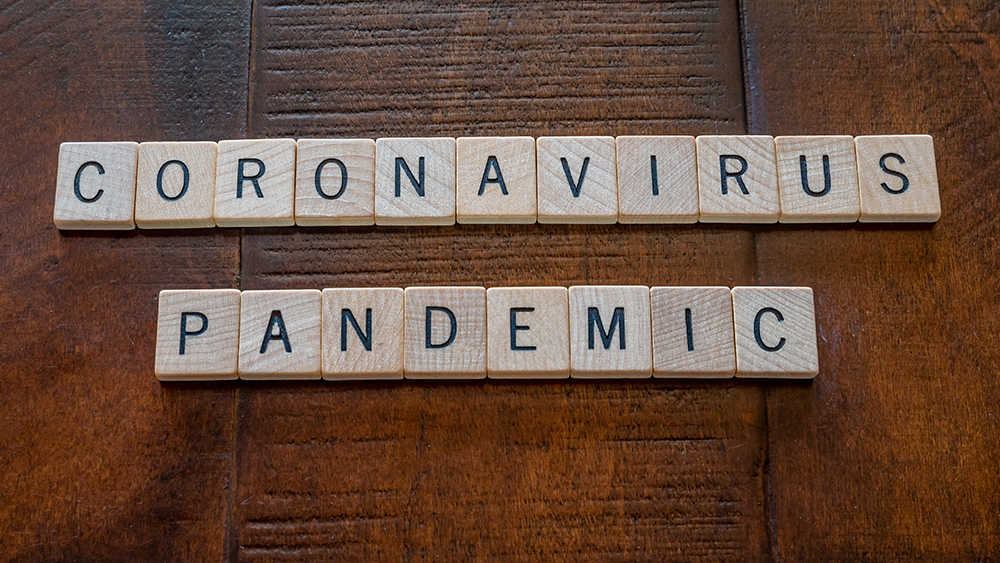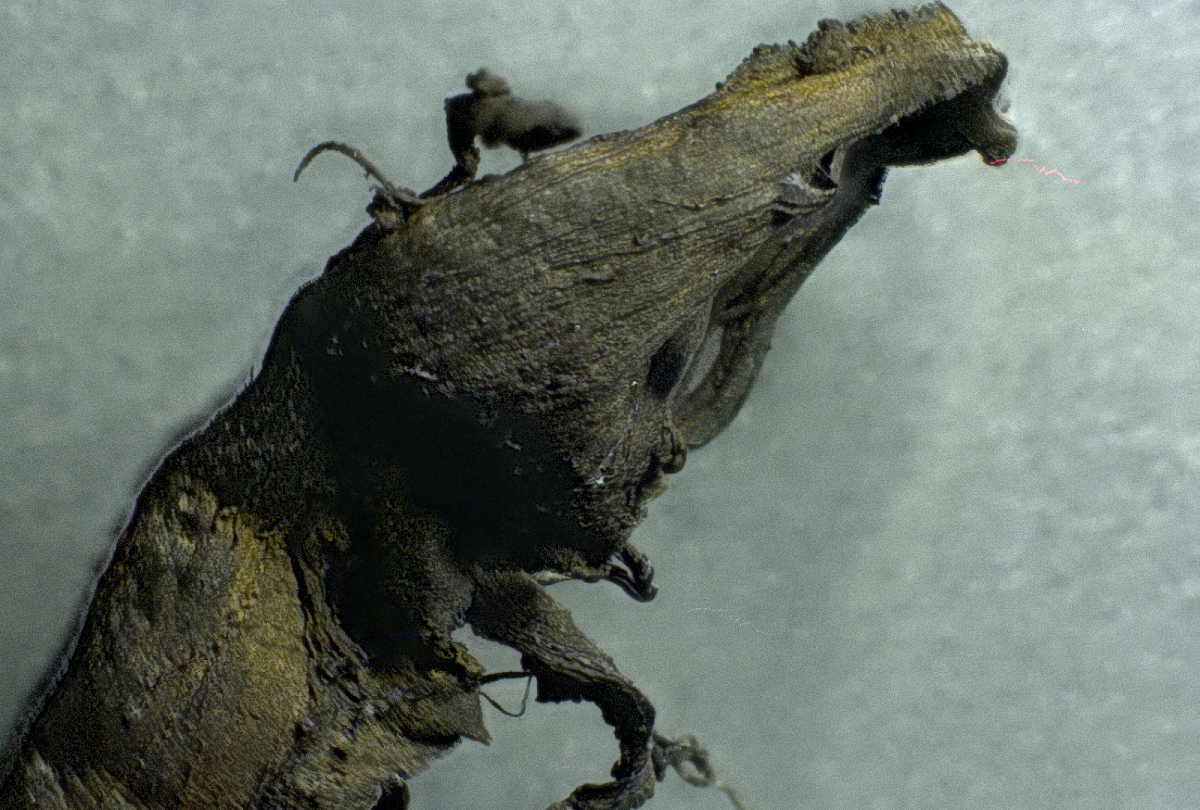“Covidization” of research? Scientists lament intense focus on coronavirus as other disciplines lose traction
12/08/2020 / By Virgilio Marin

Scientists are concerned that the COVID-19 pandemic may have led to the neglect of other scientific disciplines as resources such as funding and manpower get directed mostly to coronavirus research. Neuroscientist Lisbeth Evered of Weill Cornell Medicine in New York started questioning the value of her chosen field after feeling sidelined by colleagues whose recent work centered on the coronavirus.
“I was carrying around this burden of thinking that I’m a complete failure because I’m not leading the charge on curing [COVID-19]. It felt like my work was not important anymore,” said Evered, who specializes in cognitive disorders in older people.
Evered felt vindicated upon encountering an opinion article by Madhukar Pai, a tuberculosis researcher at McGill University in Canada. In the article, which was published in July in Nature Medicine, Pai used the term “covidization” to describe the way the pandemic has distorted the funding, production, publishing and reportage of research.
Coronavirus usurping research money
According to Pai, millions of dollars have been poured into COVID-19 research at the expense of other disciplines. In April, for instance, the European Commission granted $165 million to scientists working on the pandemic, which is more than the organization spent on research into tuberculosis, malaria and HIV/AIDS in 2018.
Pai does not discount the fact that this shift in priorities historically led to a spate of innovations within a matter of months, as shown by previous health crises such as the Ebola outbreak in West Africa. But Pai said that covidization has also undermined other scientific disciplines and eroded public faith in research.

“There is a fear of missing out. And it’s turned into a feeding frenzy,” said Pai.
He identified three problem areas in covidization. One of these is funders delaying or re-channeling funds to pandemic-related proposals. In April, for example, the Canadian Institutes of Health Research canceled its annual spring grant competition due to the pandemic, only to announce soon after the cancelation that it was allocating $83 million to COVID-19 projects. (The agency would later fund the original spring grants.)
Biologist Colin Carlson of Georgetown University in Washington D.C. also said that covidization has distorted efforts to protect global health as environmental organizations started reframing research on deforestation, biodiversity loss and the wildlife trade within the context of pandemic-preparedness.
“Everyone is trying to sell what they’re doing as [COVID-19] and that dilutes the work that people are doing,” Carlson added.
“Epistemic trespassing” lead to inferior studies
The second problem, according to Pai, is that many scientists are intruding on disciplines for which they might be poorly qualified in a vain attempt to contribute to COVID-19 response. Such “epistemic trespassing,” as quoted by Pai from philosopher Nathan Ballantyne of Fordham University, can result in inferior studies simply because researchers lack expert-level knowledge.
Pai noted that studies that haven’t been peer-reviewed yet are proliferating in preprint servers, which host scholarly works that are not yet accepted by traditional academic journals. This leads to the third problem: It has become increasingly difficult for the media and the public to distinguish reliable evidence from dubious ones given the deluge of studies done under the umbrella of COVID-19.
In a September report on the “carnage of substandard research,” bioethicist Katrina Bramstedt of Bond University in Australia and the Luxembourg Agency for Research Integrity found that 19 published articles and 14 preprint studies about COVID-19 were retracted, withdrawn or drew serious doubts on the integrity of their data by the end of July. (Related: Conservative media outlets begin spouting vaccine industry propaganda and fake science.)
As more scientists focus on COVID-19, Pai fears that their efforts will lead to “tremendous redundancy and wastage” once the pandemic is over. He noted that many of the products developed for Ebola just vanished from the market. This led to complications when the virus emerged in the Democratic Republic of Congo two years after the end of the West Africa outbreak, according to Pai.
Ballantine said that while an outsider perspective can be beneficial for research, outsiders still need to collaborate with experts. He urged readers to be wary of those that do not list an expert as a co-author.
Pandemic.news has more on the collateral damage of COVID-19.
Sources include:
JME.BMJ.com [PDF]
Submit a correction >>
Tagged Under:
biomedical research, coronavirus, covid-19, covidization, Ebola, funding, pandemic, pandemic response, retracted
This article may contain statements that reflect the opinion of the author




















